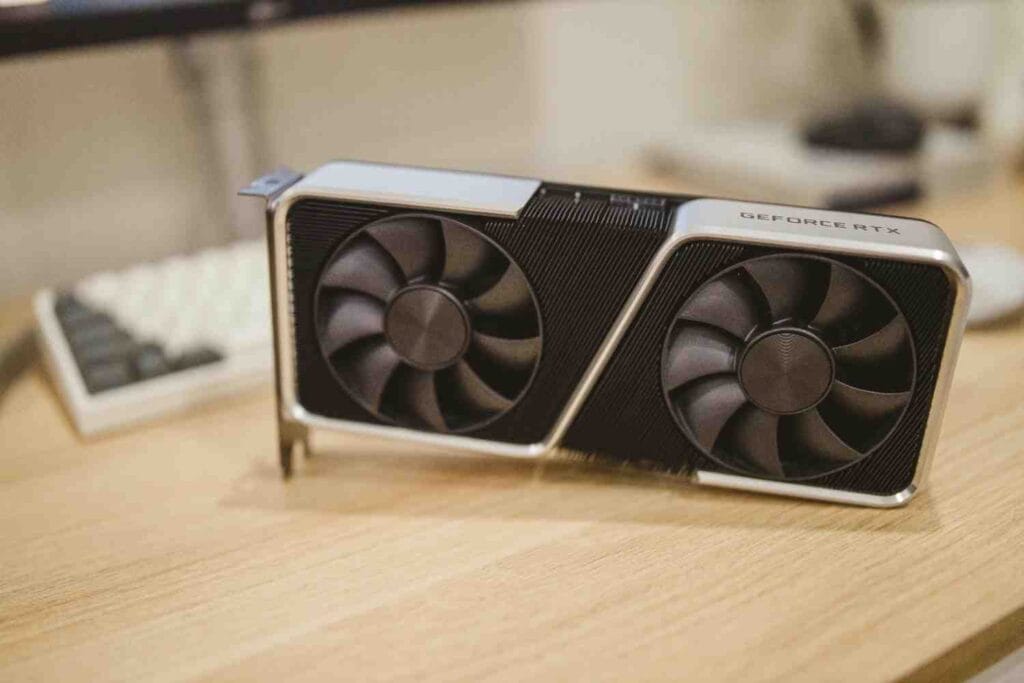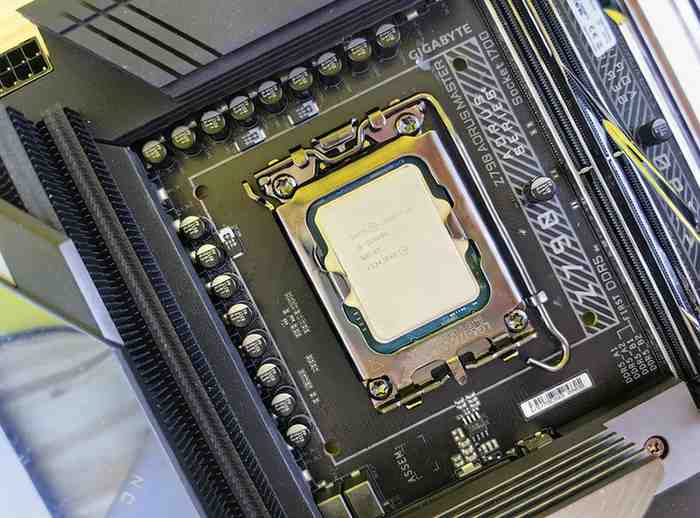When I first got into serious gaming, I was constantly tweaking my PC setup to squeeze out the best gaming performance. One of the biggest questions I had back then was: does upgrading to a processor with a higher GHz clock speed, like 3.2 GHz, make a noticeable difference in gaming? Let me share my journey and what I learned along the way.

What Does GHz Mean for Gaming?
To understand the impact of 3.2 GHz, let’s start with the basics. GHz, or gigahertz, is a measure of clock speed. It shows how many cycles a processor can complete in one second. For instance, a 3.2 GHz processor handles 3.2 billion cycles per second, which means it processes tasks faster.
When I upgraded to a 3.2 GHz processor, I noticed immediate benefits. Games loaded quicker, and the lag I’d been dealing with in fast-paced titles almost disappeared. Imagine playing a game like Call of Duty or Fortnite. Every move, whether it’s dodging an attack or firing back, happens in real time. A higher GHz processor ensures your system keeps up with your actions.
Also Read: Gaming Accessories for PUBG
Why Clock Speed Isn’t Everything
While upgrading to 3.2 GHz improved my gaming experience, I quickly realized it wasn’t the only piece of the puzzle. A processor is like a car engine, powerful, yes, but useless without quality tires, brakes, or fuel. Your gaming PC also needs balanced components like:
- Graphics Card (GPU): Handles rendering and visual effects. Essential for graphics-heavy games.
- RAM: Ensures smooth multitasking and prevents stuttering in games.
- Storage: An SSD loads games much faster than a traditional HDD.
For example, even with a 3.2 GHz CPU, my system struggled with newer games because my GPU was outdated. Once I upgraded my graphics card, everything ran buttery smooth, especially visually demanding games like Cyberpunk 2077.
Related Post: Best Gaming Devices for Monopoly Gaming
How 3.2 GHz Affects Gaming
From my experience, a 3.2 GHz processor can shine in specific scenarios:
- Strategy Games: Titles like Civilization VI rely heavily on the CPU for calculations. Upgrading to 3.2 GHz made my turns process noticeably faster.
- Open-World Games: Games with large maps and dynamic interactions, like The Witcher 3, felt smoother and more responsive.
- Online Multiplayer: In fast-paced online games, a faster processor helped reduce input lag, which gave me a competitive edge.
However, remember that some games lean more on the GPU. So, while 3.2 GHz is great, a balanced system is key to consistent performance.
You might interested: PC Specs for Call of Duty Gaming
Balancing GHz with Other Components
Upgrading to a 3.2 GHz processor is an excellent start, but it’s not a magic fix. Here’s what I learned about balancing components:

- Graphics Card: If your GPU is outdated, your CPU won’t save you. Upgrading my GPU made as much difference as the jump to 3.2 GHz.
- RAM: Moving from 8GB to 16GB of RAM eliminated stuttering in open-world games.
- Storage: Switching to an SSD dramatically reduced game load times.
In Short
Upgrading to a 3.2 GHz processor definitely improved my gaming experience, but it wasn’t the whole story. I learned that for the best gaming performance, you need a well-rounded system. If you’re building or upgrading your PC, aim for a processor with at least 3.2 GHz, but don’t forget the importance of a strong GPU, sufficient RAM, and fast storage.
For me, finding the right balance was a game-changer, turning my PC from “good enough” to a true gaming powerhouse.
You may interested: Best Gaming PCs and Laptops for Among Us
FAQs
Q: What does 3.2 GHz mean for gaming?
A: A 3.2 GHz processor completes 3.2 billion cycles per second, leading to faster data processing, quicker game loads, and smoother gameplay.
Q: Will upgrading to a 3.2 GHz processor improve my gaming performance?
A: Yes, especially if you’re upgrading from a slower processor. But ensure your GPU, RAM, and storage are also up to par for the best results.
Q: Can I achieve better gaming without a 3.2 GHz processor?
A: Absolutely! Upgrading your GPU, adding more RAM, or switching to an SSD can all boost performance without needing a 3.2 GHz CPU.
Q: Are there downsides to focusing only on GHz?
A: Yes. If your GPU or RAM is outdated, a higher GHz processor won’t deliver its full potential. A balanced setup is critical.




[…] You may interested: Does a Higher Clock Speed, Like 3.2 GHz, Improve Gaming Performance? […]
[…] Also Read: How Does a Higher Clock Speed, Like 3.2 GHz, Improve Gaming Performance? […]